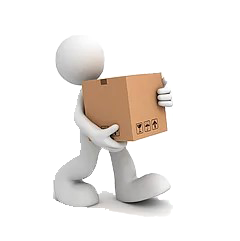
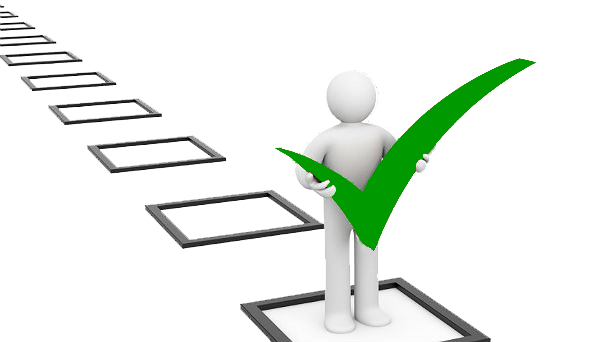
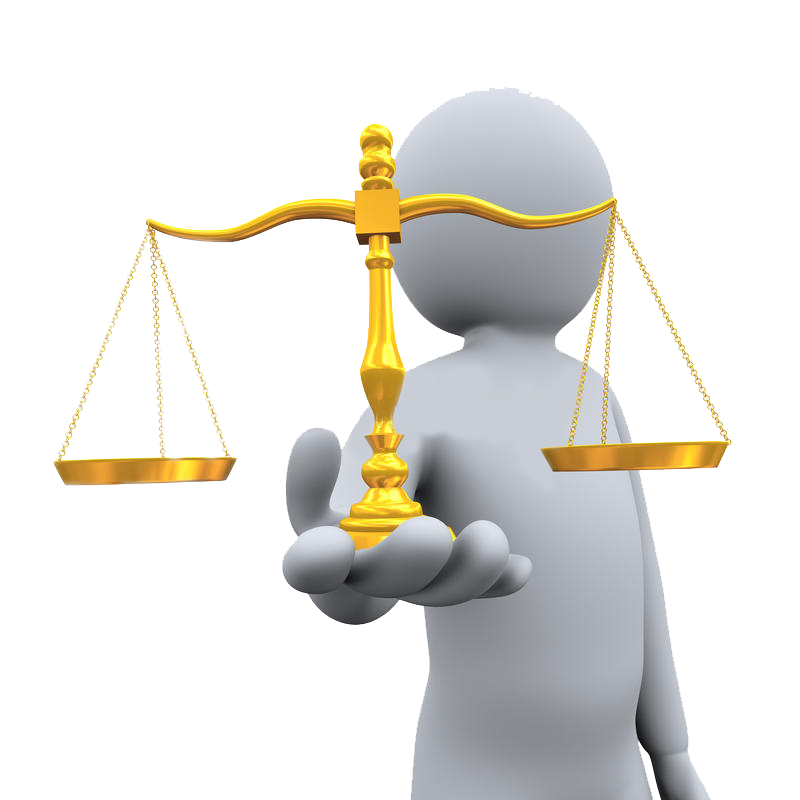
(AR / FBO / UK Rep / EC Rep)
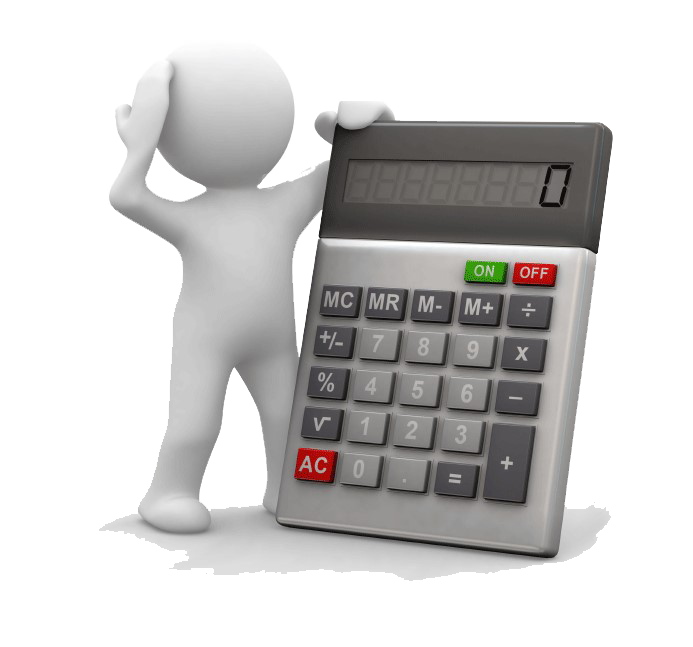
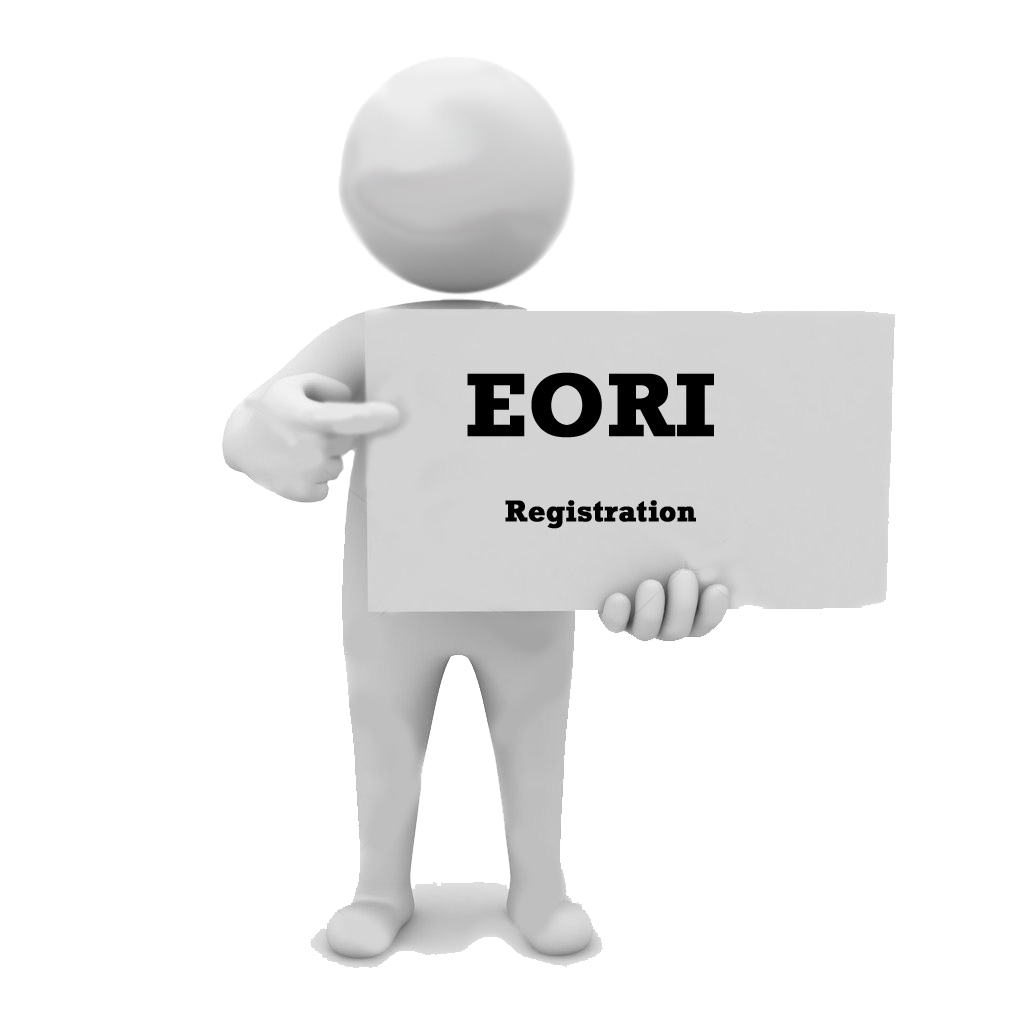

Developing strong relationships with your Shipping and Distributors is essential for facilitating a seamless and professional export of your product. The nature of shipping services can differ based on the INCO Terms agreed upon, whether it involves bulk shipping alone, incorporating warehousing, or extending to further distribution. This service may be provided by a single entity, although it's more common to engage with multiple companies.
An importer of record (IOR) facilitates the importation of goods into a foreign country where the importing company lacks representation or desires to retain ownership on behalf of the exporter/shipper. The IOR ensures compliance with local regulations by providing an in-country presence for the import process. Many shipping and distribution firms offer IOR services as an additional option, which can prove cost-effective. Alternatively, in Business-to-Business (B2B) scenarios, the end client may willingly assume the role of the IOR. Dedicated companies also exist, offering specialised IOR services.
Commonly referred to as Authorised Representation, an Authorised Representative (AR) is a recognised legal entity in the market where the product is sold. They are entrusted to act as a neutral intermediary between the market authorities and non-EU/non-UK Suppliers. The EU and UK no longer have mutual recognition, requiring representation for each market. CERT can provide support for both markets. The terminology for AR services varies depending on the product category and associated legislation:
![]() AR – Most Non-food Products
AR – Most Non-food Products
![]() FBO–Food Business Operator
FBO–Food Business Operator
![]() RP–Responsible Person (cosmetics and pet food)
RP–Responsible Person (cosmetics and pet food)
![]() REP–Representative (medical devices)
REP–Representative (medical devices)
EU Market
To report the VAT charged at the point of sale, a new declaration, ‘Import One-Stop-Shop’ (IOSS) was introduced in July 2021. This reports distance selling across EU borders of imported consignments not exceeding €150. This is for addressing B2C transactions.
UK Market
Like a registered UK business, imported products are subject to import VAT according to the valuation of imported goods for customs purposes (Notice 252). If you are not registered for VAT, you will not be able to claim it back.
A dedicated fiscal representative can address all your finance and tax requirements for the markets you are selling in.
If you plan to import any goods into the EU or into the UK, you’ll need to obtain an EORI number. It is needed when you supply information to customs authorities, for example when completing customs declarations.
What is the difference between and IOSS and EORI number?
An EU IOSS VAT number is used to keep track of how much tax your business collects from sales and allows you to remit the VAT to the European country of registration.
An EORI number is an identification number needed to export shipments from the UK and EU to keep track of shipments more smoothly.
The Extended Producer Responsibility (EPR) is a European environmental policy that shifts the financial and administrative/ physical responsibility of recycling from governments to businesses. According to the Packaging and Packaging Waste Directive, EU member states now all have EPR schemes for all packaging since January 2024. Each market has to meet this obligation and it is handled on a national level.
In addition to the packaging, you may have further EPR requirements depending on the products you are exporting:
![]() Electrical or Electronic –registration to comply with WEEE requirements
Electrical or Electronic –registration to comply with WEEE requirements
![]() Formulated –markets have varying thresholds regarding the volume of substances you can introduce before there is a charge to offset the carbon footprint your products introduce.
Formulated –markets have varying thresholds regarding the volume of substances you can introduce before there is a charge to offset the carbon footprint your products introduce.
More details on the points raised…There are other aspects such as patents, languages and distribution routes. There are many variables which need to be considered and vary based on your requirements, which is why we always start with a call – as this is the quickest way to find a solution that works for you.






Desarrollar relaciones sólidas con sus empresas de envíos y distribuidores es esencial para facilitar una exportación fluida y profesional de su producto. La naturaleza de los servicios de envío puede variar según los Incoterms acordados, ya sea que implique solamente el envío a granel, la incorporación de almacenamiento o la extensión a una distribución adicional. Este servicio puede ser proporcionado por una sola entidad, aunque es más común trabajar con varias empresas.
Un importador registrado (IOR) facilita la importación de bienes a un país extranjero donde la empresa importadora carece de representación o desea mantener la propiedad en nombre del exportador/remitente. El IOR garantiza el cumplimiento de las normativas locales al proporcionar una presencia en el país para el proceso de importación. Muchas empresas de envío y distribución ofrecen servicios de IOR como una opción adicional, que puede resultar rentable. Alternativamente, en escenarios de empresa a empresa (B2B), el cliente final puede asumir voluntariamente el rol de IOR. También existen compañías dedicadas que ofrecen servicios especializados de IOR.
Se conoce comúnmente como Representación Autorizada, una Representación Autorizada (AR) es una entidad legal reconocida en el mercado donde se vende el producto. Está encargada de actuar como un intermediario neutral entre las autoridades del mercado y los proveedores fuera de la UE/Reino Unido. La UE y el Reino Unido ya no tienen reconocimiento mutuo, por lo que se requiere representación para cada mercado. CERT puede brindar apoyo en ambos mercados. La terminología para los servicios de AR varía según la categoría del producto y la legislación asociada:
![]() AR – La mayoría de los productos no alimentarios
AR – La mayoría de los productos no alimentarios ![]() FBO – Operador de Empresa Alimentaria
FBO – Operador de Empresa Alimentaria ![]() RP – Persona Responsable (cosméticos y alimentos para mascotas)
RP – Persona Responsable (cosméticos y alimentos para mascotas) ![]() REP – Representante (dispositivos médicos)
REP – Representante (dispositivos médicos)
Mercado de la UE
Para declarar el IVA cobrado en el punto de venta, se introdujo en julio de 2021 una nueva declaración denominada “Import One-Stop-Shop” (IOSS). Esta declaración informa sobre las ventas a distancia dentro de fronteras de la UE de envíos importados que no superen los 150 €. Esto está destinado a transacciones B2C.
Mercado del Reino Unido
Al igual que una empresa registrada en el Reino Unido, los productos importados están sujetos al IVA de importación según la valoración de las mercancías importadas a efectos aduaneros (Aviso 252). Si no estás registrado en el IVA, no podrás recuperarlo.
Un representante fiscal dedicado puede gestionar todos los requisitos financieros y fiscales en los mercados donde vendas.
Si planeas importar cualquier mercancía a la UE o al Reino Unido, necesitarás obtener un número EORI. Se necesita cuando proporcionas información a las autoridades aduaneras, por ejemplo, al completar declaraciones de aduana.
¿Cuál es la diferencia entre un IOSS y un número EORI?
Un número de IVA IOSS de la UE se utiliza para llevar un registro de cuántos impuestos recauda tu empresa por las ventas y te permite remitir el IVA al país europeo de registro.
Un número EORI es un número de identificación necesario para exportar envíos desde el Reino Unido y la UE para hacer un seguimiento de los envíos de manera más eficiente.
La Responsabilidad Ampliada del Productor (RAP) es una política medioambiental europea que traslada la responsabilidad financiera y administrativa/física del reciclaje del gobierno a las empresas. Según la Directiva sobre envases y residuos de envases, los estados miembros de la UE ahora cuentan con esquemas RAP para todos los envases desde enero de 2024. Cada mercado debe cumplir con esta obligación, y se gestiona a nivel nacional.
Además de los requisitos sobre envases, pueden existir requisitos RAP adicionales dependiendo de los productos que se exporten:
![]() Eléctricos o electrónicos – registro obligatorio para cumplir con los requisitos RAEE
Eléctricos o electrónicos – registro obligatorio para cumplir con los requisitos RAEE ![]() Formulados – los mercados tienen diferentes umbrales respecto al volumen de sustancias que se pueden introducir antes de que se aplique un cargo para compensar la huella de carbono que generan los productos.
Formulados – los mercados tienen diferentes umbrales respecto al volumen de sustancias que se pueden introducir antes de que se aplique un cargo para compensar la huella de carbono que generan los productos.
Más detalles sobre los puntos mencionados… Existen otros aspectos como patentes, idiomas y rutas de distribución. Hay muchas variables que deben considerarse y que varían según tus necesidades, por lo que siempre comenzamos con una llamada, ya que es la forma más rápida de encontrar una solución que funcione para ti.